False claims of ancestry are nothing new. There was a living to be made a century and more ago in producing false personal genealogies back to notable people.
These days the motivations may be different, but the practice remains.
On Monday evening, in an OGS Toronto Branch presentation, Daryl Leroux, an expert on French-Canadian Genealogy, shared findings from his 2019 book Distorted Descent: White Claims to Indigenous Identity. He examined the increasing numbers of white French-Canadians identifying as Indigenous on the basis of false genealogies back to women like Marie Sylvestre who were not aboriginal but are claimed to be. Leroux stated these are used to justify claims to aboriginal rights, such as fishing rights and land claims, and by organizations to inflate numbers of Indigenous employees.
Leroux was quick to state he would not enter into the discussion of what should be the criteria for “status” He was pointing out the numerous cases where the ancestry was false.
An article in today’s The Conversation Canada, We are facing a settler colonial crisis, not an Indigenous identity crisis, provides further food for thought.
“The issue is that in their rush to “indigenize,” universities have created the conditions whereby someone who has mined the genealogical archives can access a position reserved for an Indigenous person, displacing those of us who are connected to and claimed by a living community/Nation of people.”


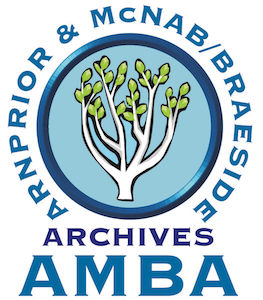
 On 5 January LAC posted a tweet with this before and after image of the August 1922 Dominion Government Telephone Directory. LAC added that after 100 hours of conservation it is in excellent shape to be digitized and can remain on the consultation shelf for a while longer.
On 5 January LAC posted a tweet with this before and after image of the August 1922 Dominion Government Telephone Directory. LAC added that after 100 hours of conservation it is in excellent shape to be digitized and can remain on the consultation shelf for a while longer.
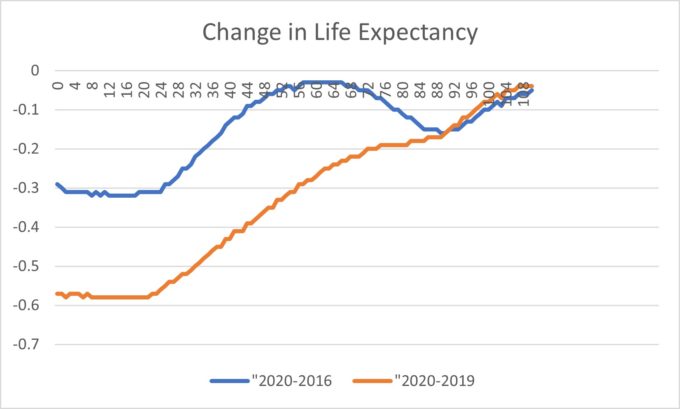
 From 24 January to 5 February
From 24 January to 5 February 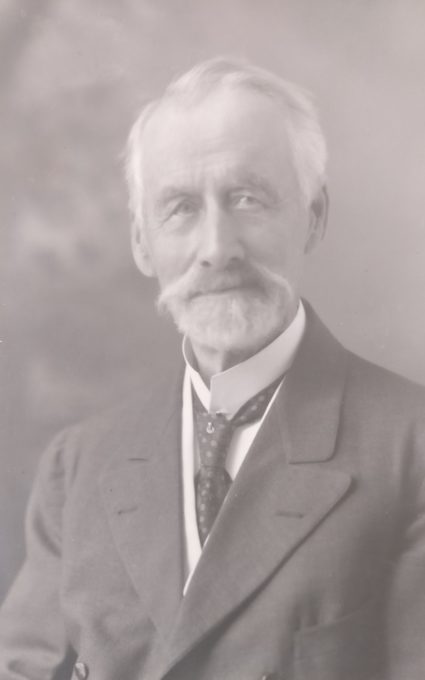
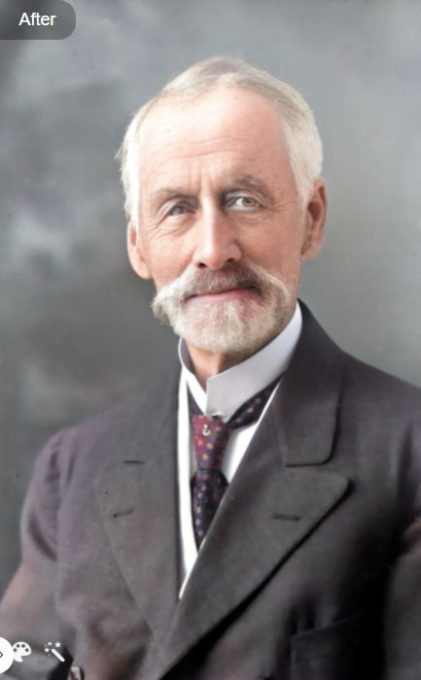
 The feature articles in the February issue.
The feature articles in the February issue.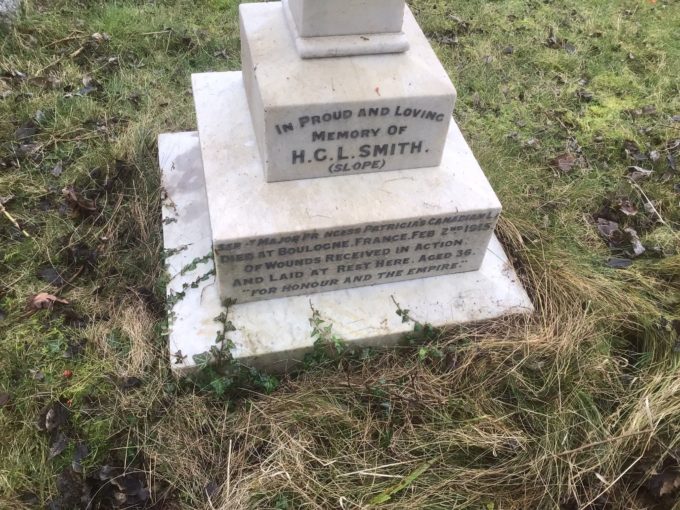 This photo posted on Twitter shows the memorial at Reading Cemetery to H. G. L. Smith, with the word (SLOPE) beneath the name and the inscription “Sergt Maj Princess Patricia Canadian LI. Died at Boulogne. France. Feb 2ND 1915 of wounds received in action. And laid at rest here, Aged 36. “For Honour and the Empire.”
This photo posted on Twitter shows the memorial at Reading Cemetery to H. G. L. Smith, with the word (SLOPE) beneath the name and the inscription “Sergt Maj Princess Patricia Canadian LI. Died at Boulogne. France. Feb 2ND 1915 of wounds received in action. And laid at rest here, Aged 36. “For Honour and the Empire.” Leveraging the interest in the 1921 census of England and Wales, this week sees the release of images for the entire year of the 1921 Police Gazette — 152 issues, with 12 or 13 issues published each calendar month. The collection detailed wanted criminals, reported crimes, and apprehensions to police forces across the UK.
Leveraging the interest in the 1921 census of England and Wales, this week sees the release of images for the entire year of the 1921 Police Gazette — 152 issues, with 12 or 13 issues published each calendar month. The collection detailed wanted criminals, reported crimes, and apprehensions to police forces across the UK. Until Sunday,
Until Sunday,